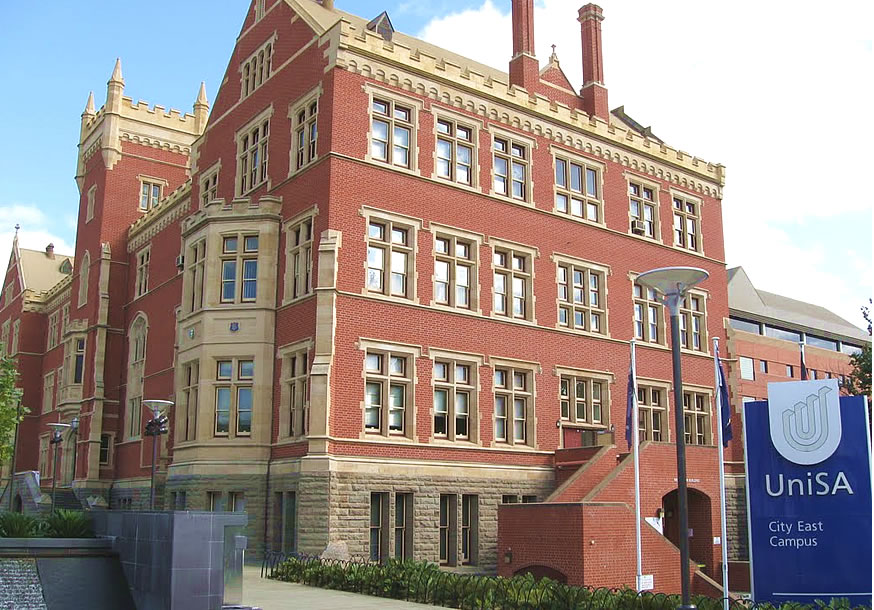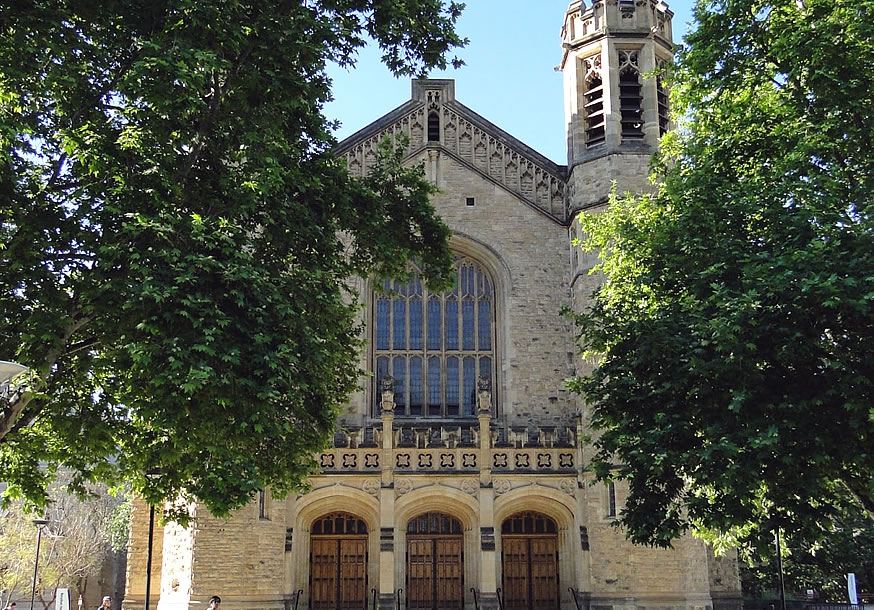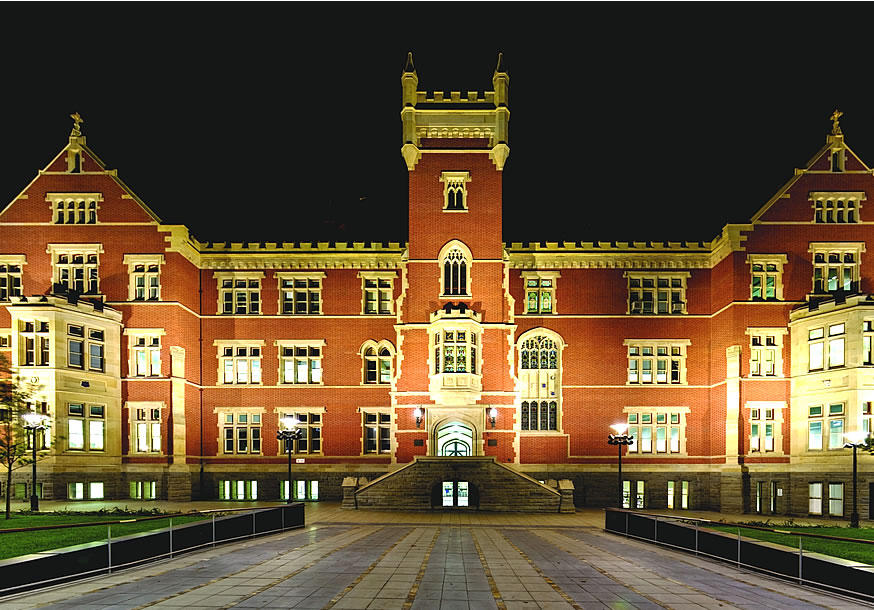About the University of South Australia
The University of South Australia (UniSA) is a public university in the Australian state of South Australia. It was formed in 1991 with the merger of the South Australian Institute of Technology and Colleges of Advanced Education. The legislation to establish and name the new University of South Australia was introduced in 1990 by the Hon Mike Rann MP, Minister of Employment and Further Education. With more than 33,000 students, the university is South Australia's largest; more than 10,000 students are international, with almost half studying in Adelaide and the remainder offshore.
Under the University's Act, its original mission was "to preserve, extend and disseminate knowledge through teaching, research, scholarship and consultancy, and to provide educational programs that will enhance the diverse cultural life of the wider community." In 2013 a new Vision, Mission and Values statement was released as part of a new strategic direction, "Crossing the Horizon"
UniSA was the youngest Australian institution to be named in the top 50 of 2013 The Times Higher Education's Top 100 global universities aged under 50. The University is a founding member of the Australian Technology Network of universities. It has two Adelaide city centre campuses, two Adelaide metropolitan campuses, and two South Australian regional campuses.
About the School of Nursing and Midwifery at UniSA
At UniSA, the School of Nursing and Midwifery's innovative curriculum produces graduates with the skills needed by the health industry, now and into the future. The School has a strong commitment to excellence in teaching and learning and offers a range of undergraduate, postgraduate and research programs in nursing, midwifery and health.
Registered nurses and midwives can further their careers by undertaking post-registration study in specialist areas such as mental health, critical care nursing, cardiovascular nursing and health and ageing. The School also has a substantial program of research that investigates issues related to clinical practice, health, teaching and learning.


